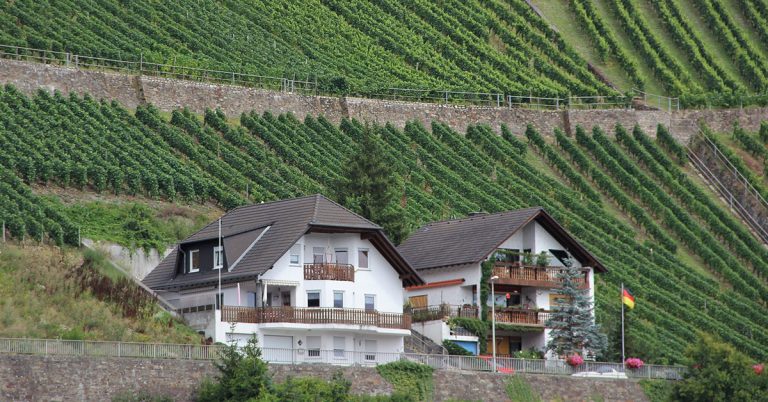
Photo: Pixabay
The entire European population could be fed without the need to rely on food imports by 2050.
This was according to a new study conducted by the National Center for Scientific Research (CNRS) in France.
According to the study, environmental factors and the increased use of synthetic fertilisers since the Second World War meant that European countries had been forced to continue importing agricultural goods.
For example, in 2020, about 47% of all vegetable products sold in supermarkets across the region were imported from outside Europe.
According to the team of scientists at CNRS, a three-stage process, could result in “an organic, sustainable, biodiversity-friendly agro-food system” for Europe, and could mean the continent would be independently producing its own food by 2050.
The first step would involve a change in diet, including a reduction in the number of animal products consumed, the study found.
The population of Europe increased from 428 million to 540 million people between 1961 and 2013, with the overall protein consumption in the region, increasing from 35% to 55% during this period.
This translated into each individual’s protein consumption, on average, increasing by around 80%, the scientists said.
By limiting the consumption of animal products, the pressure on livestock farming would be reduced and as a result there would also be less need for imports.
The second step, according to the study, would involve eliminating “industrial agriculture” by creating space to diversify crop rotation using the soil and land already available.
It was expected that this would also reduce the volume of synthetic pesticides and fertilisers used, reducing the amount of nitrogen produced and released into the atmosphere.
The final step would include “the joining together of crops and livestock, which never really meet in the current industry”.
The scientists said keeping animals and plants in close proximity with each other would allow for a smoother process of recycling manure.
The study further suggested that that recycling human waste could be a key factor in creating a cleaner Europe by 2050. It was estimated that recycling around 70% of human waste could make an extremely significant difference in achieving a cleaner, more environmentally friendly Europe.













